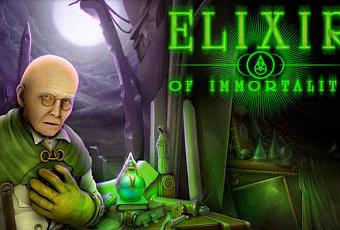

Grant, Prince Wilhelm of Prussia, Julius Caesar, and William Henry Harrison were printed in considerable proximity to one another, and those, in turn, printed within striking distance of names like Pyotr Ilyich Tchaikovsky, Anton Chekhov, and Johannes Brahms. In the centuries since the advent of the printing press, there have surely been myriad instances in which names like Ulysses S. The slave dealer, the slave holder, and the slave driver, are virtually agents of the consumer, and may be considered as employed and hired by him to procure the commodity.” “If we purchase the commodity,” Fox wrote, “we participate in the crime. The antislavery activists made explicit the connection between the inhuman trade and those who benefited from it. By the 1790s what had once been a delicacy enjoyed by the wealthy and elite for celebrations was now a regular part of the English diet. William Fox and others targeted sugar in part because of its ubiquity in English households. The tea table that we now associate with quaint rituals, scones, crustless sandwiches, and charming desserts served on porcelain with sterling silver cutlery was a more political space in the eighteenth century, and antislavery conversations played a big part of the politics of the time. The act of labeling reinforces what is being labeled. Personality tests do more than help us feel seen they provide us the tools to create. Not so for the intricacies of psychology: the proud introverts become more introverted, the neurotic more neurotic, some people buy T-shirts that say no, i’m not a sociopath, i’m just an intj.

The heart will continue beating whether the act of muscle contraction is called “the heartbeat” or something else. When we define ourselves, we become more like that which we define, in what philosopher Ian Hacking calls “the looping effect of mankind.” Biological phenomena will carry on regardless of what it is called.

To our eyes, personality becomes destiny, and this very act of categorizing can change who we are. Even so, in trying to learn more about Johnson’s dream, we face our perpetual enemies: silence, time, and the burning barrel. Three centuries after his birth, Johnson lives. Both his boyhood home and his London house have become museums. He is the subject of societies that attract both fans and scholars. “I believe,” he told James Boswell late in his life, “there is hardly a day in which there is not something about me in the newspapers.” Boswell’s landmark biography was only the beginning: in the centuries since, there have been numerous accounts of Johnson’s life, the earliest by those who knew him, later ones by scholars who made ever more exacting use of the ever greater trove of papers and information on Johnson and his era. Lapham’s Quarterly published dozens of original essays in 2018, covering everything from ancient history to the recent past, memory and memorials, hot historical figures and the history of hands.


 0 kommentar(er)
0 kommentar(er)
